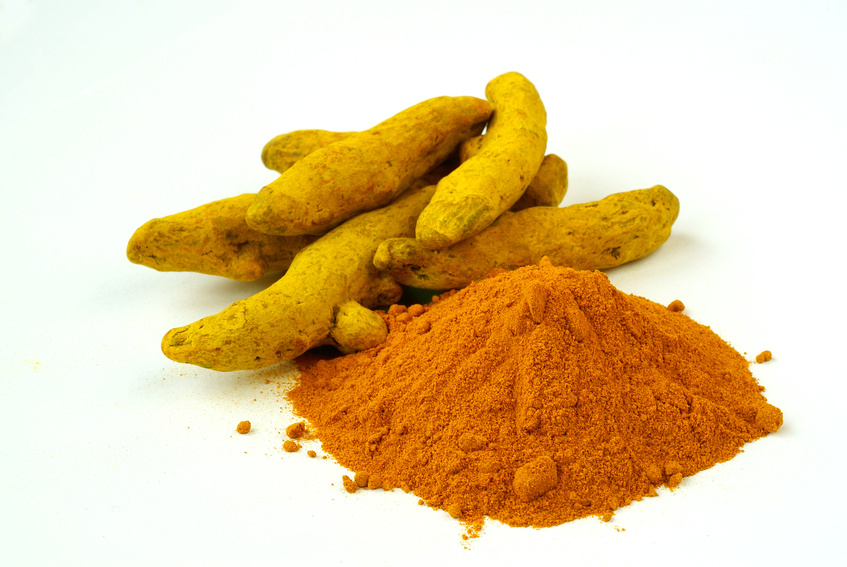
Alzheimer’s disease is found in 10% of Americans over the age of 65 and as many as 50% of Americans over the age of 85. It characterized by a build-up of beta-amyloid plaques in the brain and tangled neurofibrils that leads to severely diminished memory and cognitive function.
Curcumin is a potent polyphenolic antioxidant derived from the Curry spice Turmeric that has an extensive history as a food additive and herbal medicine in India where the incidence of Alheimer’s disease appears to be approximately 50% lower than in the United States.
Alzheimer’s disease is believed to be due to oxidative damage to brain neurons caused by environmental toxins and a lack of anti-oxidants, like vitamins C and E, as well as polyphenol bioflavanoids found fruits and other plants including Curcumin.
Researchers at the Departments of Medicine and Neurology from University of California, Los Angeles, found that curcumin significantly lowered oxidized proteins and interleukin-1beta, a proinflammatory cytokine elevated in the brains of mice. With curcumin treatment, beta-amyloid and plaque burden were significantly decreased by 43-50%.
The researchers concluded that, “In view of its efficacy and apparent low toxicity, this Indian spice component shows promise for the prevention of Alzheimer’s disease.”
Source: J Neurosci. 2001 Nov 1;21(21):8370-7. The curry spice curcumin reduces oxidative damage and amyloid pathology in an Alzheimer transgenic mouse. Lim GP, et. al. Departments of Medicine and Neurology, University of California, Los Angeles, Los Angeles, California 90095, USA.

